Brexit Is Hell, but It’s Not Politicians Who Will Suffer Most
The most vulnerable people around the world face infernal uncertainty and possible disaster thanks to officials’ incompetence.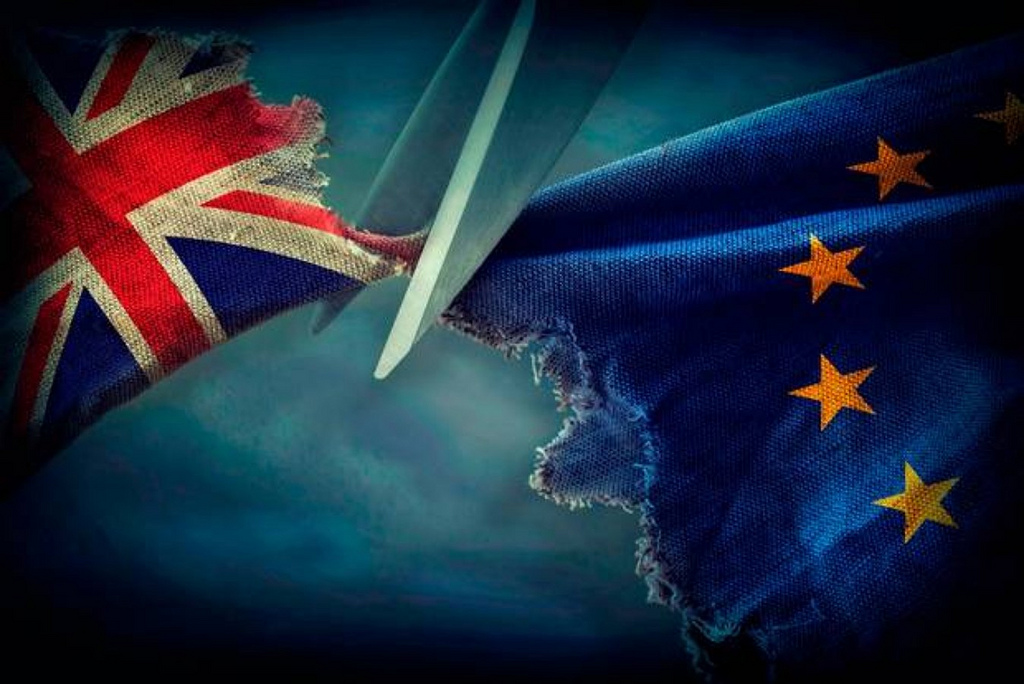 Tiocfaidh ár lá 1916 / CC BY-ND 2.0
Tiocfaidh ár lá 1916 / CC BY-ND 2.0
“I’ve been wondering what the special place in hell looks like for those who promoted Brexit without even a sketch of a plan of how to carry it out safely,” said European Council President Donald Tusk on Wednesday, causing an uproar in the U.K. that was likely heard all the way across the North Sea in Brussels. European Commission President Jean-Claude Juncker piled on the drama with a restating of the religiously charged word, saying his job at the EU currently is “hell.”
While Tusk and Juncker suffering through the seemingly never-ending negotiations with U.K. Prime Minister Theresa May and her government can hardly be described as hell, I’ll tell you about a few people this ill-fated political game is actually hell for: the EU nationals living in the U.K. and the Brits living in EU member states whose futures are hanging in the hands of these incompetent politicians; the Brits with diabetes who fear they may not be able to get the insulin they need if negotiations fail; and let’s not forget the 1.7 million people that will likely be plunged into extreme poverty in nations like Cambodia thanks to Brexit.
The list goes on and on. As the March 29 deadline for the U.K. to officially leave the EU gets closer, a deep panic is setting in throughout Europe. At this point, it’s almost impossible to keep track of all the times May has rushed to Brussels to renegotiate with EU officials—in fact, she’s there as I write this—only to return home with a plan that is almost identical to her vastly unpopular deal. It’s the very same deal that was voted down in Parliament just last month, earning May the ignominious milestone of having suffered the biggest loss a prime minister has experienced in modern British history. You know, the deal that nearly lost the prime minister her job twice now.
Here’s a recap of what the toxic, 585-page agreement British opposition leader Jeremy Corbyn calls “the worst of all worlds” contains. The three main points it covers are the $51 billion “divorce settlement” the U.K. owes, the rights of EU citizens residing in the U.K. and those of U.K. citizens living in the EU after Brexit and last, but in no way least—given the trouble it’s caused—the so-called Irish “backstop.”
The backstop would keep Northern Ireland in a sort of regulatory limbo if the U.K. and EU fail to negotiate a trade deal within the allotted time frame set forth in the exit plan. As The Guardian explains,
The UK had initially proposed a technological solution but this was rebuffed by Ireland and EU officials as “magical thinking”. The EU initially proposed that Northern Ireland should in effect stay in the single market and customs union, prompting a furious response from the British prime minister. The EU moved its position. The core of the solution is the so-called backstop, an insurance plan that kicks in if future trade talks fail to avoid a hard border on the island of Ireland. The backstop means the whole of the UK will remain in the EU customs union, while Northern Ireland will have to follow single market rules. Brexit supporters loathe the backstop, fearing it will leave the UK “shackled” to EU rules. Wary EU countries think the plan benefits the UK, so insisted the UK respect EU social and environmental rules to avoid undercutting their companies.
While both U.K. and EU officials insist it is an unlikely scenario that a trade deal won’t be agreed upon, the current last-minute negotiations they find themselves in don’t inspire confidence that they’re capable of delivering on that promise. Given the fragile peace accomplished only a few years ago between Northern Ireland and the Republic of Ireland, this is a crucial, complicated point that’s making pretty much everyone unhappy. To top it off, May made staying in the single market or in a customs union one of her “red lines” since before negotiations began, and to this day, refuses to back down from what she set out to do.
Corbyn, as well as his “shadow” Brexit minister, Keir Starmer, have both made staying in a customs union an essential part of their alternative proposal. Both have also reiterated several times the Labour Party’s intention to stay close to the single market, with Corbyn laying out both points as requirements for Labour backing any deal May makes on Wednesday.
The BBC explains the difference between a customs union and a single market:
The customs union ensures EU member states all charge the same import duties to countries outside the EU. It allows member states to trade freely with each other, without burdensome customs checks at borders, but it limits their freedom to strike their own trade deals.
It is different from a free trade area. In a free trade area no tariffs, taxes or quotas are charged on goods and services moving within the area but members are free to strike their own external trade deals.
The government says the UK is leaving the customs union after the transition period but ministers have yet to decide on what will replace it.
Another sore point in the negotiations has been the rights of citizens. May, who was home secretary when the U.K. ushered in draconic immigration policies for most non-EU citizens, seems to want to impose similar suffering on EU citizens who don’t move to the U.K. before the end of the transition period. (She’d pushed for March 29 to be the end date of free movement, but lost on this front, too.) Brits living abroad are miffed at the deal, because it would limit their residency to whatever nation they find themselves in at the time the Brexit transition ends, as opposed to the freedom they had previously to live, work, study and receive health care in any of the other 27 member states.
Even though Tusk has recently told May—probably to her dismay—that he thinks Corbyn’s alternative plan represents a “promising way out” of the apparent Brexit mess, Labour is caught in a tricky place between its “remain” and “leave” constituents, as well as its membership and members of Parliament. On Thursday, Starmer reassured the membership, a big chunk of which has been pushing for a second referendum, that Labour hadn’t yet ruled it out, despite trying to negotiate with May.
In the midst of all the complicated negotiations, constant back-and-forths in London and Brussels, the threat of a catastrophic no-deal dangling, the anger frothing across Europe over the exhausting, drawn-out exit, rebel Labour members of Parliament who consider themselves “center” and have presumably forgotten that the Labour Party came out of 19th-century trade union movement and socialist parties, have been secretly plotting to leave Labour and start their own “center” party, which they hope centrist Tories and Liberal Democrats will also join.
It’s hard to see the point of going through the trouble of starting a new party when these so-called centrists could be honest with themselves and their constituents and join the Tory Party, which they seem to have more in common with than their own. In the words of journalist Matt Taibbi, “Goodbye, and good riddance to centrism,” the position he calls the “myth of our time.” The Labour rebels’ fiendish ways may yet earn them a spot in the same “hell” Tusk is imagining. Meanwhile, the most vulnerable people in Europe and around the world continue to face infernal uncertainty and possible disaster, thanks to a cross-border smattering of European politicians who have decided to continually shoot everyone, including themselves, in the foot.
Your support is crucial…With an uncertain future and a new administration casting doubt on press freedoms, the danger is clear: The truth is at risk.
Now is the time to give. Your tax-deductible support allows us to dig deeper, delivering fearless investigative reporting and analysis that exposes what’s really happening — without compromise.
Stand with our courageous journalists. Donate today to protect a free press, uphold democracy and unearth untold stories.

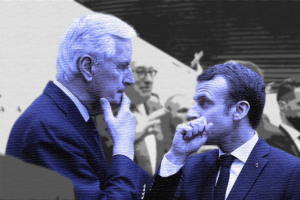

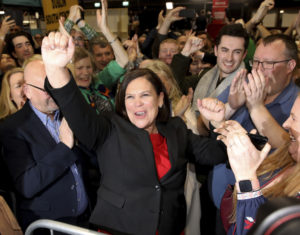
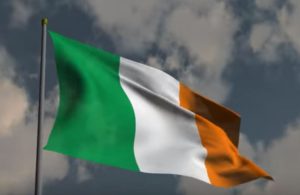
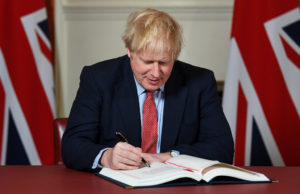
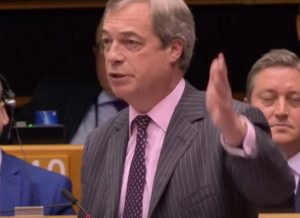
You need to be a supporter to comment.
There are currently no responses to this article.
Be the first to respond.